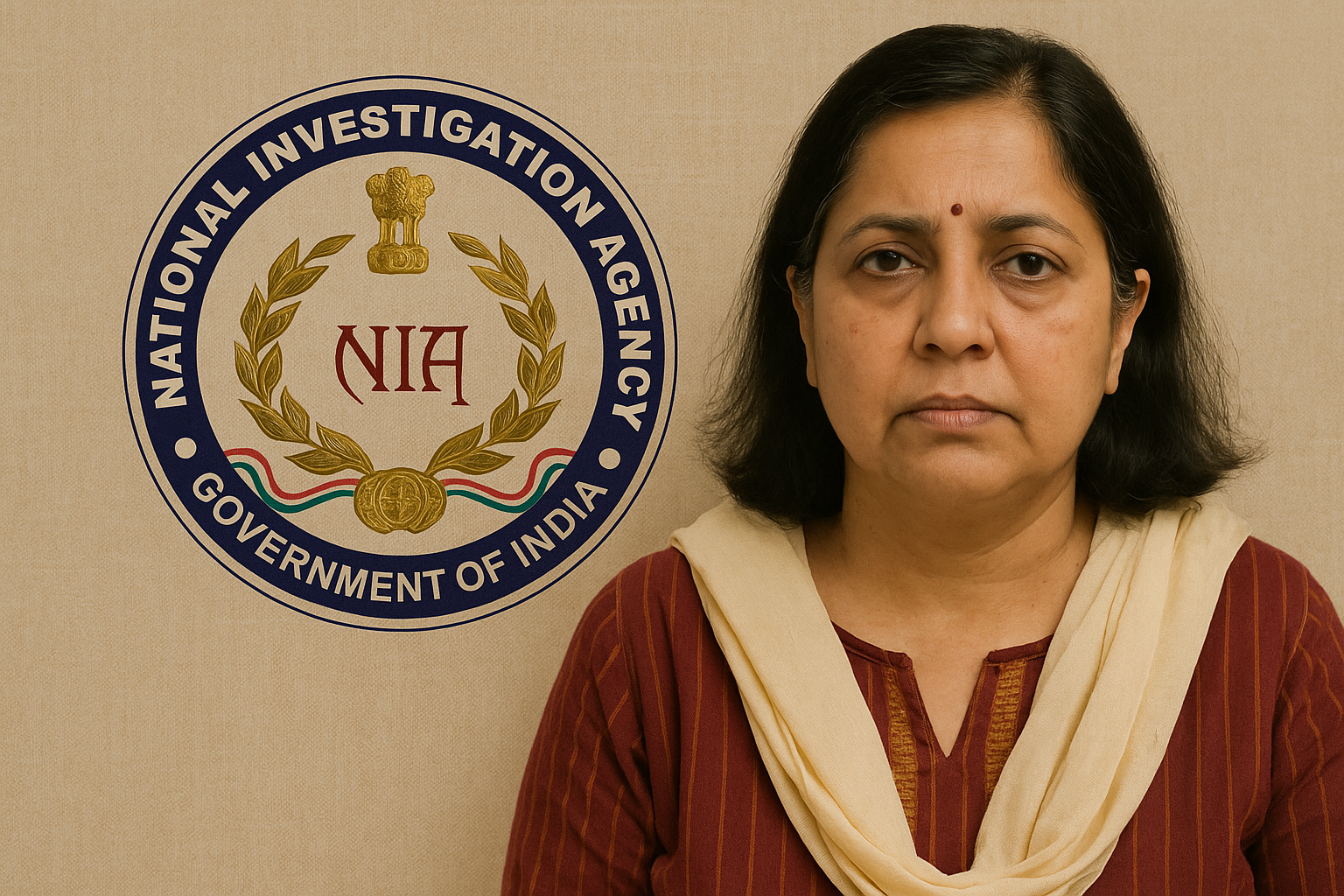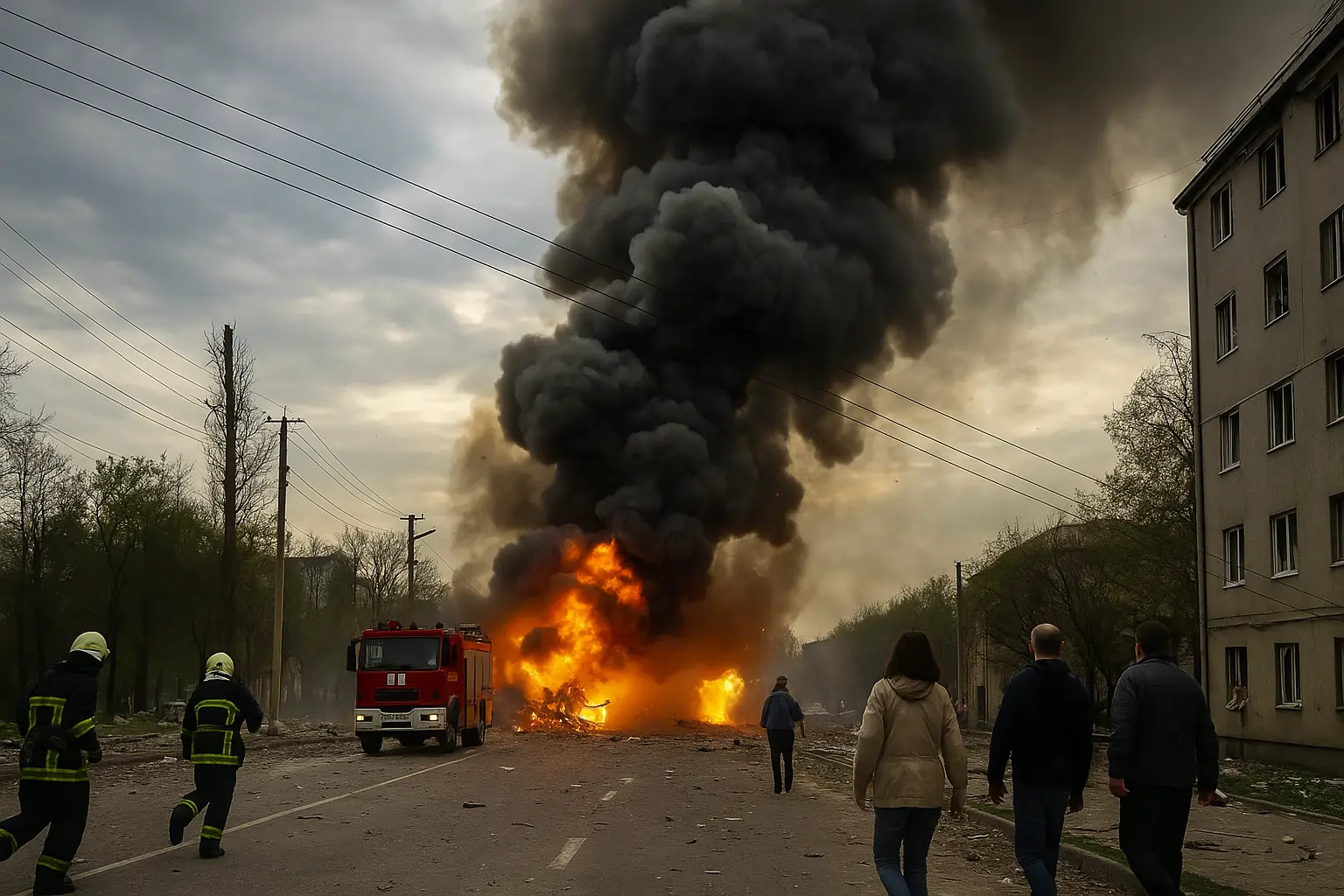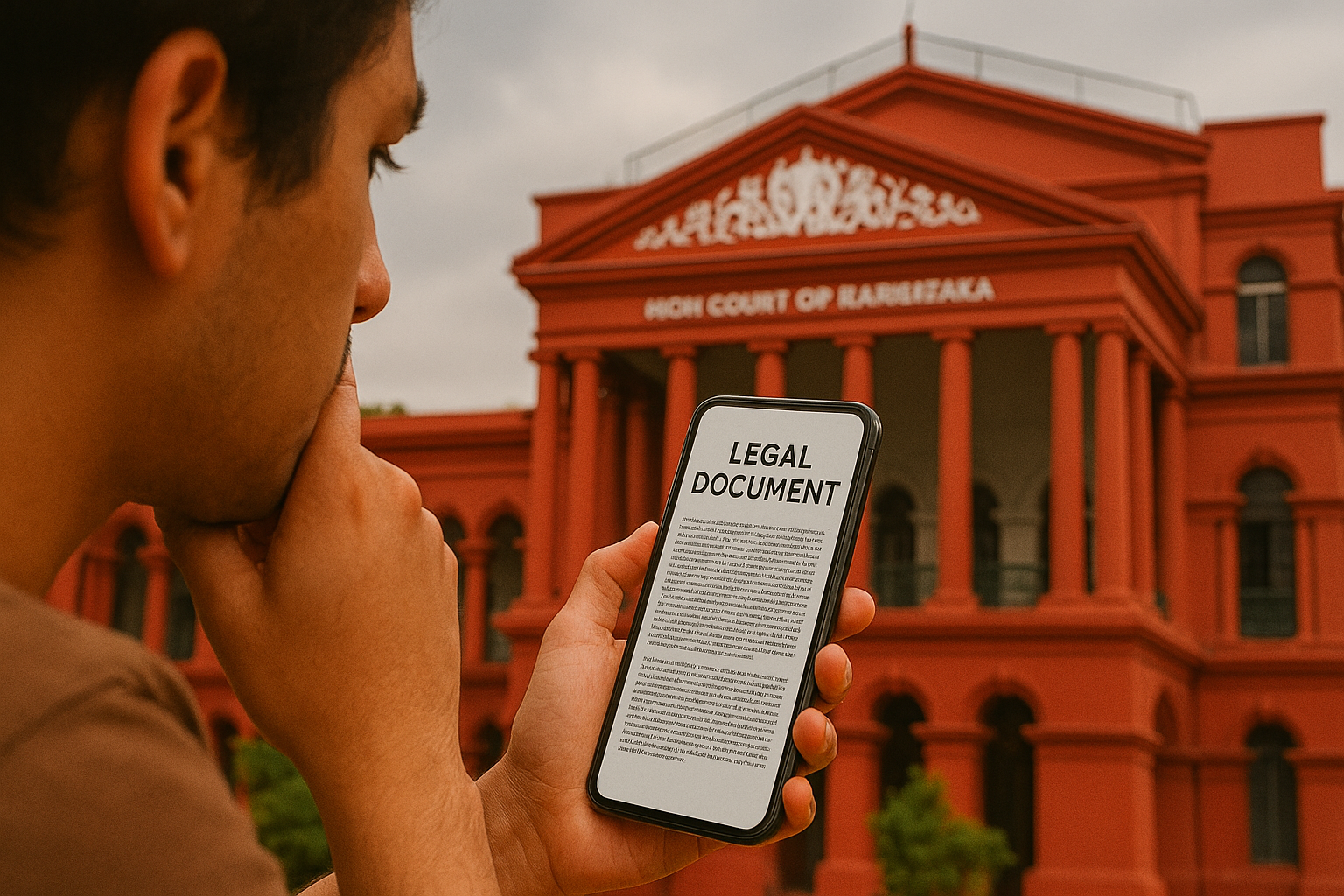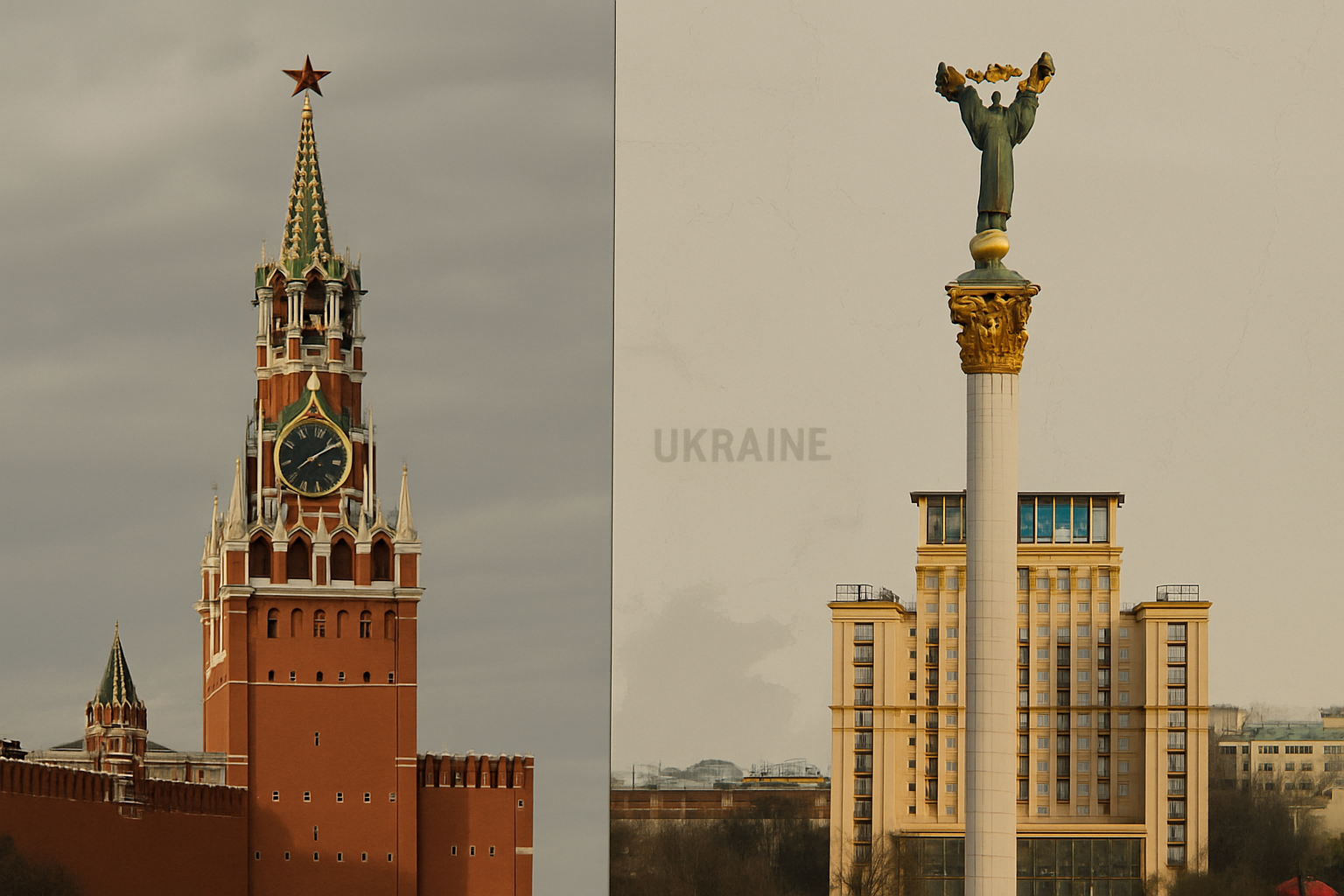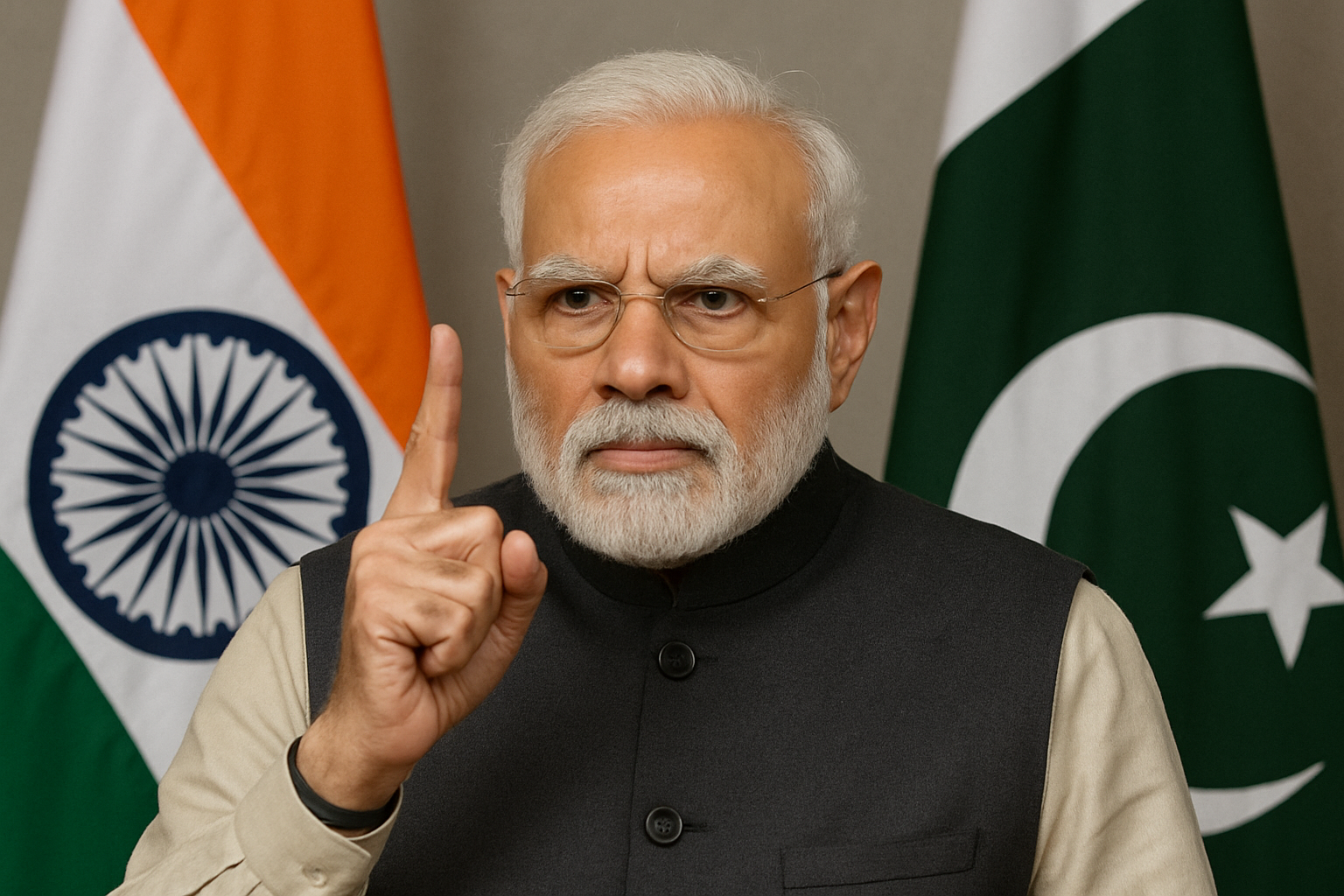The news about Jyoti Malhotra’s arrest for spying for Pakistan shocked a lot of people across the country. But what many don’t know is that the National Investigation Agency (NIA) actually received a warning about her suspicious activities months before she was finally arrested.
So, who was the person that blew the whistle? And could things have been handled better?
Let’s take a closer look at what happened behind the scenes in this unfolding spy drama.
The Arrest That Took Everyone by Surprise
Jyoti Malhotra, who worked in a sensitive government department, was arrested on charges of leaking classified information to Pakistan’s intelligence agency, the ISI. Her job gave her access to important defense documents and internal files, and some people had noticed her behavior was a bit off.
Despite these concerns, the arrest came only after months of close surveillance and gathering evidence. It wasn’t an overnight decision — it was a careful and patient process.
The Person Who Raised the Alarm
Here’s the interesting part: a former colleague of Jyoti Malhotra had actually contacted the NIA several months earlier, back in late 2024. This person noticed several red flags, like:
- Malhotra frequently talking to suspicious foreign phone numbers
- Traveling without properly informing her department
- Using encrypted messaging apps that weren’t allowed
- Showing an unusual interest in classified files beyond her usual work
This whistleblower was genuinely concerned and reached out to the authorities. But surprisingly, the warning didn’t trigger immediate action.
So, Why Wasn’t the Warning Taken Seriously?
This is the big question on everyone’s mind. According to sources, the tip was initially seen as “low risk” because there wasn’t concrete proof at that point.
Some insiders say that bureaucratic delays and lack of enough staff to quickly investigate every alert might have slowed things down. Others believe the NIA was quietly watching Malhotra for a while, waiting to collect stronger evidence before making an arrest.
Still, many wonder if things could have been different if the tip-off was acted on right away.
What’s the NIA Saying?
The NIA hasn’t officially confirmed whether they got the tip-off before the arrest. But officials have admitted that they were tracking Malhotra for several months before taking action. So, it looks like the whistleblower’s concerns weren’t completely ignored after all.
How People Are Reacting
This case has sparked a lot of debate on social media and in the news. People are asking tough questions:
- Why wasn’t the warning acted upon sooner?
- Are we missing other spies who haven’t been caught yet?
- What protections do whistleblowers have when they come forward?
Experts are now pushing for better systems to make sure important warnings get the attention they deserve.
What This Means for India’s Security
This whole situation shows how tricky it can be to spot spies early, even when someone raises a red flag. The whistleblower took a big risk by coming forward — and maybe if action had come faster, some damage could have been prevented.
It also highlights the need for smarter ways to handle such warnings and separate real threats from false alarms.
Final Thoughts
Jyoti Malhotra’s arrest is a reminder that threats to national security can come from unexpected places — even from within. But just as important is remembering the person who tried to stop it before it got worse.
In the fight against espionage, every tip counts — and every voice needs to be heard.


